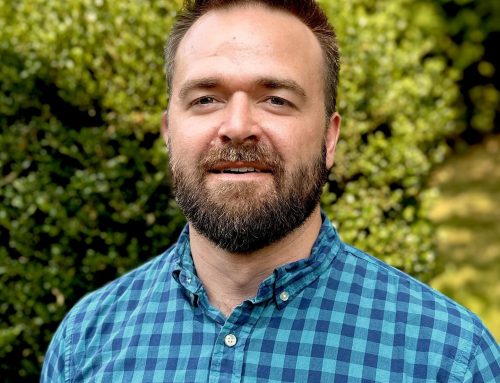 Solstice is excited to announce the addition of Justin Martel to the clinical team!
Solstice is excited to announce the addition of Justin Martel to the clinical team!
Justin is delighted to be joining Solstice as a clinical intern as he completes the final year of his PhD from the University of Florida. Justin comes to Solstice with 4 years of experience working with various clinical populations in counseling and sport psychology settings. As a doctoral fellow, he researched the interface of mental health and sports psychology services of student-athletes. These topics are both professionally and personally close to his heart as a former Division I athlete and amateur golfer. He finds freedom and solace in the outdoors and can usually be found spending time playing with his Lab; Cubby, strength training, or working at his golf game.
Individual Counseling
Justin believes we all possess inner capabilities that will lead toward growth but that environmental and contextual factors can act as barriers in its pursuit. Through exploring inner experience, setting goals, and engaging with discomfort, we can identify and move past those roadblocks. He works primarily from a client-centered and humanistic perspective with empathy and trust as a foundation of the therapeutic relationship. Once rapport is established, true growth begins. His work with every client centers around their present goals and concerns. From there, the impact of past relationships and experiences is considered, as well as the client’s personal values. His hope is that clients will leave therapy with a better understanding of themselves and feeling a clearer sense of direction in their lives. He has extensive experience working with teen and adult populations presenting with a variety of concerns.
Sports Psychology Services
Similar to his therapeutic approach, his services in sport psychology rely heavily on the openness and transparency of the relationship and goal-oriented change. As a former collegiate athlete, he understands the rigors and demands of elite athletics and uses a client-centered approach to help athletes identify potential barriers to the various performance issues they may be facing. Some of the most common barriers include performance anxiety, motivational decline, negative self-esteem/beliefs, and attentional issues, empowering clients to recognize their autonomy in making choices aligned with their values. He enjoys working with athletes and performers across all domains and recognizes that peak psychological performance characteristics do not discriminate between sports.




